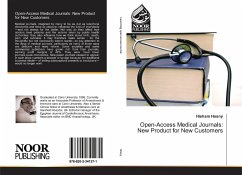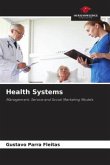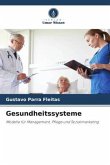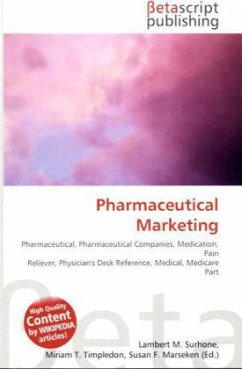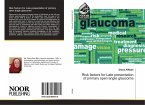Medical journals, imagined by many to be as dull as telephone directories and twice as obscure, influence the lives of everybody-and not always for the better. Not only do they affect how doctors treat patients and the actions taken by public health authorities, they also influence how we think about birth, death, pain, and sickness. It may therefore make sense - for the thoughtful but not necessarily expert reader-to pay attention to the ways of medical journals, particularly as many of those ways are deficient and need reform. Some societies and some commercial publishers have grown rich from their journals, earning profit margins of 40%. They were 'must have' journals,quasi-monopolies. New paper journals ceased to appear in such large numbers a decade or so ago because the traditional business model- of selling subscriptions primarily to institutions-would no longer work.
Bitte wählen Sie Ihr Anliegen aus.
Rechnungen
Retourenschein anfordern
Bestellstatus
Storno

